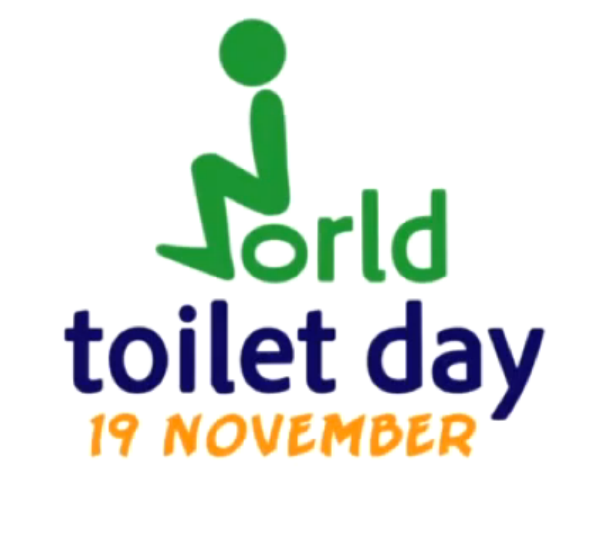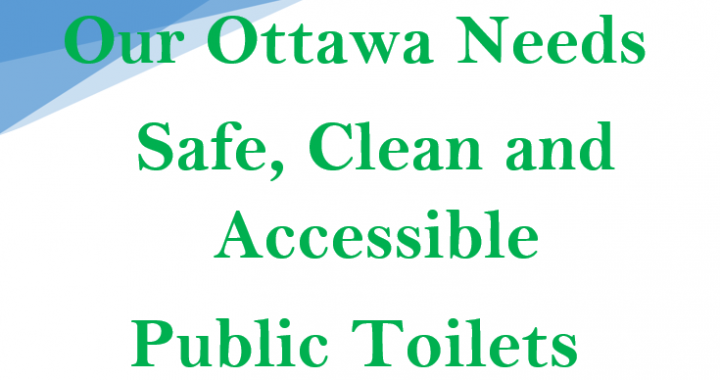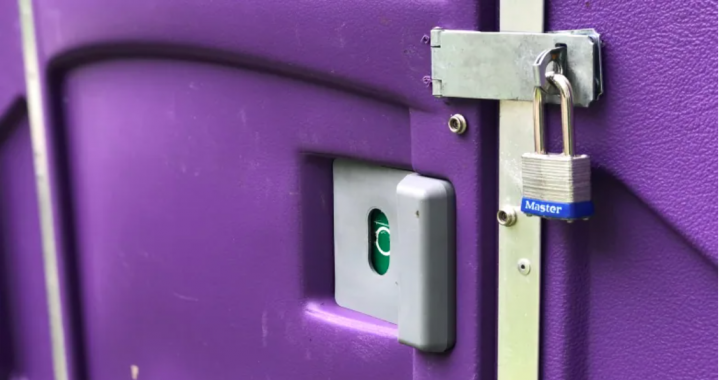City of Edmonton committee to discuss public potties Wednesday
CBC News, Apr 04, 2018
Kaylen Small
Edmonton’s public washrooms are up for discussion at a city committee meeting Wednesday, and the Downtown Business Association hopes the idea of more permanent public potties doesn’t get flushed.
There are currently 115 city-owned and operated public washrooms facilities in Edmonton, including temporary washrooms, and the majority of them are in the city’s core and river valley.
A pilot project set up 11 portable public washrooms around the city last year from June to October. The initiative got mixed reviews from the public.
Three of them had to be shut down early because of what a city report called “various challenges,” including people sleeping in the washrooms and inappropriate items being flushed.
The Community and Public Services Committee will discuss a report on public washrooms Wednesday and look into next steps such as more public washrooms, including washrooms locations on the 311 app and determining the best places for them.
Lacklustre loos
The Downtown Business Association wants to see more permanent options, including something like the public washroom at Whyte Avenue and Gateway Boulevard — a permanent facility in a highly visible area.
The DBA hopes to see one or two public washrooms built in the entertainment district, especially since people used alleys and other avenues to void their bladders when the Edmonton Oilers made the playoffs last spring.
“Temporary washrooms get treated like temporary washrooms, and that’s typically not in the manner that we would like to see,” said DBA Executive Director Ian O’Donnell.
“Porta potties, not only are they unsightly, but again, they tend to get abused. A more permanent facility tends to be slightly more respected and used more often by more people.”
It’s not just an issue for events, but also on regular nights in the city, he added.
O’Donnell said there’s a need for public washrooms, so that people don’t need to be customers to hit the can.
“It puts the business owner against somebody that just needs to use the washroom,” he said, adding that those interactions can lead to confrontation. “Sometimes those are marginalized people who perhaps don’t have the funds and means to purchase something from the business.”
O’Donnell says the city needs to make sure the downtown core has a variety of places for people to use the washrooms — some public, and some private — to ensure people aren’t relieving themselves in alleyways and doorsteps.
He says he also wants to see an inviting, accessible public washroom that people can use at various times of the day and night.
“It’s on the street, it’s in an area that is highly used with a lot of foot traffic, a lot of visitor traffic, and is something that can be maintained well,” he said.



